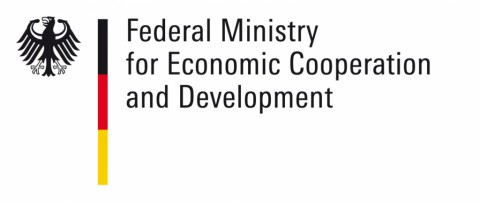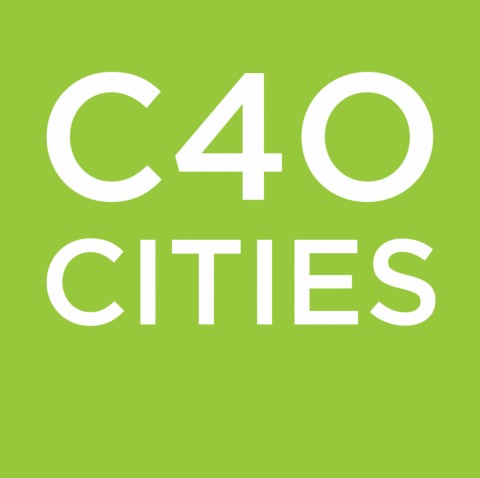Real projects, real people, real difference
C40 Cities Finance Facility (CFF) collaborates with cities to prepare and implement urban infrastructure projects that improve the lives of residents with large scale, measurable impact.
By connecting projects to the right finance and providing cities with the ongoing support and expertise they need, we turn resilient and inclusive climate action plans into real projects that make a real difference to people’s lives. Our solutions are city-centred and designed to serve all residents, addressing the impacts and injustices of climate breakdown while focusing on increasing equity and climate resilience in the most critical area for adaptation and mitigation; cities of the Global South.
From Mumbai to Medellin, Durban to Dakar, we have partnered with 30 cities across 4 regions, supporting 36 transformative projects in key climate action areas: nature-based solutions, renewable energy and buildings, sustainable mobility, water and waste management. So far we have mobilised $650m in climate investments and are on course to leverage over $1bn by 2025. But this is just a fraction of what is necessary. There is no time to waste.
City-centred and impact driven
An estimated $4 trillion per year in infrastructure investment is needed for low and middle-income countries to leapfrog the fossil fuel-driven economic development of the past and implement essential adaptation and mitigation measures. Yet only 0.8% of the capital managed by institutional investors is allocated to infrastructure.
With greater numbers of marginalised residents directly and disproportionately affected by drought, flooding, heat stress, storms and sea levels rising, cities across Africa, Asia and Latin America have the need, ambition and drive to change for the better, but too often they fail to secure the necessary finance. Our purpose is to bridge that gap by working alongside the city administration to ensure financial readiness. With links to the right finance and effective support, all essential climate action plans can become reality.
Futures driven by the city, for the city
CFF prioritises the needs of the city with unbiased, independent advisory services grounded in subject expertise. We find the best financial tools for each project and ensure that every solution supports the most marginalised communities, where the greatest impact can be made.
A sector expert is provided by CFF to facilitate effective collaboration with the city administration. But just as important is committed investment in people. CFF's ongoing development support includes specialised training, peer-to-peer exchanges, workshop events and knowledge sharing.
Over nearly a decade of action we have mobilised $650m in climate investments and are on course to leverage over $1bn by 2025. This isn’t ‘potential’ finance but real projects and investments that have been built or contracted. In 2020 we were proud to receive the UN Global Climate Action Award.
A collaboration of C40 Cities Climate Leadership Group and Deutsche Gesellschaft für Internationale Zusammenarbeit (GIZ) GmbH. The CFF is funded by the German Federal Ministry for Economic Cooperation and Development, the Government of the United Kingdom and the Agence francaise de développement;. The CFF supports cities in developing and emerging economies to develop finance-ready projects to meet the objectives of the Paris Agreement; limiting global temperature rise to 1.5°C above pre-industrial levels and strengthening resilience against the impacts of a warming climate.





